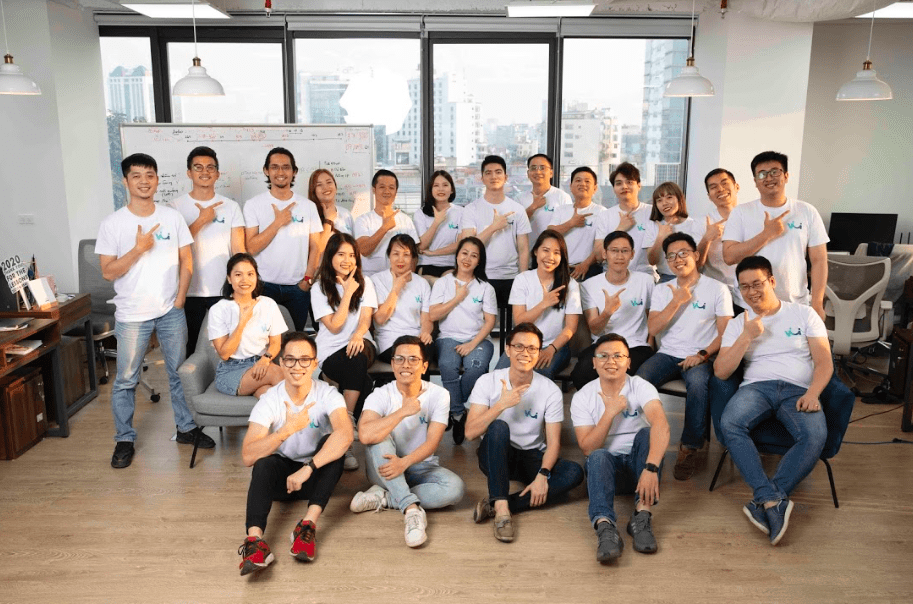AsiaTechDaily – Asia's Leading Tech and Startup Media Platform

Vietnam startup Nano raises $3m to boost app that keeps workers off debt
Nano, a six-month-old Vietnamese financial technology startup, has raised $3 million in seed funding as it works to keep employees away from debt traps by enabling them to access their earned salary.
The startup, founded in 2020, operates an app called VUI that allows low-income workers to access their earned salary anytime to take care of daily expenses without having to wait until the next payday.
The app also helps employees track work attendance, receive important announcements from the company, and learn basic concepts in personal finance management, all for free.
VUI app now serves more than 20,000 employees from employers in Vietnam including GS25, LanChi Mart, and Annam Gourmet. On average, 50-60% of employees would sign up for VUI immediately, and use the service about three times a month for early salary.
The employer-sponsored salary advance model has been adopted by thousands of employers in the US, Europe, and Latin America and delivered millions of dollars of cost savings.
For instance, Walmart, the largest retailer globally, has adopted this solution since 2017 for their 1.4 million workforce with over $300 million of bottom-line impact annually.
“Given the ubiquity and acuteness of the cashflow mismatch problem for the working people, more frequent payroll is not only good for low-income workers but also a tactical yet underappreciated initiative that employers could deploy to stand out in the labor market. This model also eliminates the need for black market credit at small ticket sizes,” Nano CEO Dzung Dang said.
Nano is a part of Y-Combinator’s accelerator program, particularly the Winter 2021 batch. In a statement, the startup said the seed funding round was led by existing investors Golden Gate Ventures and Venture Discovery and backed by FEBE Ventures, Openspace Ventures, and US-based Goodwater Capital.
Earned wage access is a triple-win for companies, workers, and society at large, according to Shane Chesson, founding partner at Openspace Ventures.
“And we see such models raising the bar for salary practices in Southeast Asia and moving companies towards what is already a norm in developed markets,” Chesson added.





